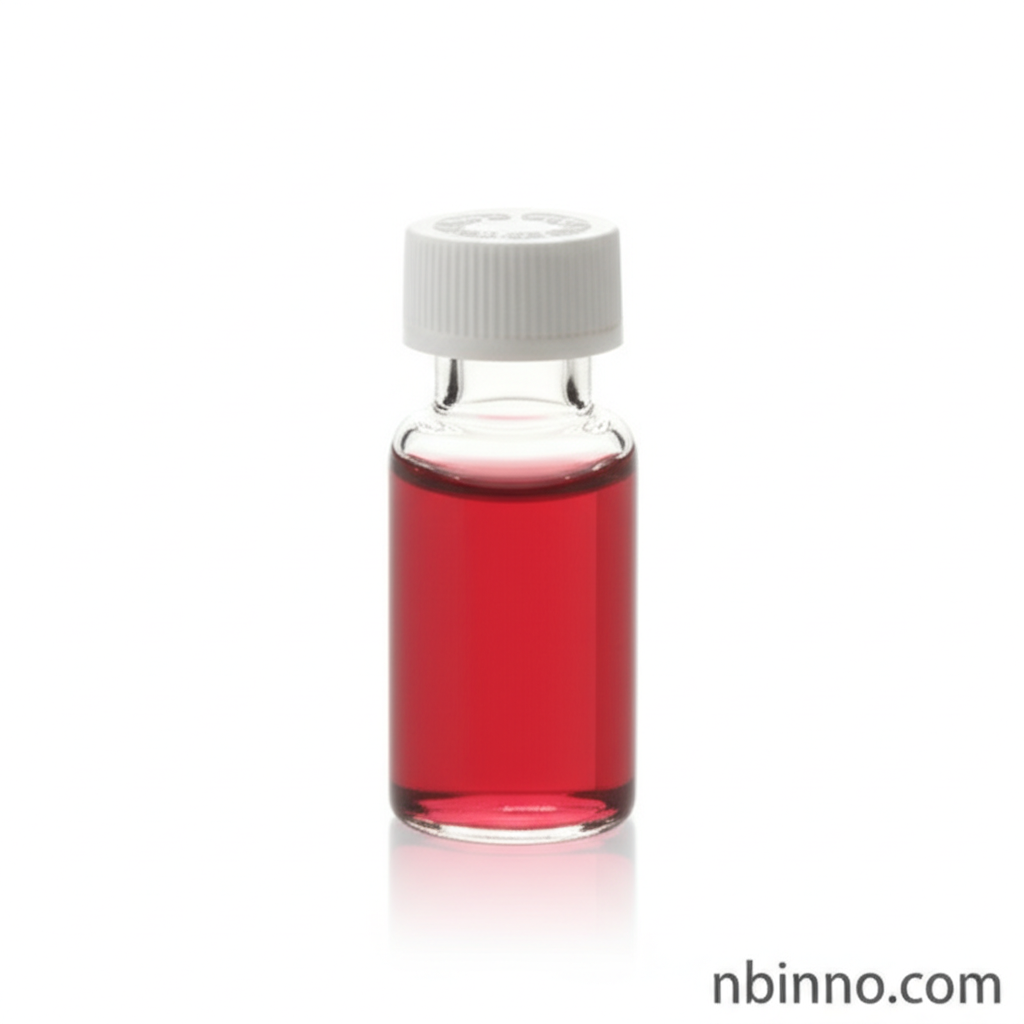Ruthenium(III) Chloride: Properties, Applications, and Key Uses in Advanced Chemistry
Explore the diverse applications and chemical significance of Ruthenium(III) Chloride, a cornerstone in modern chemical synthesis.
Get a Quote & SampleProduct Core Value

Ruthenium Trichloride
Ruthenium(III) Chloride serves as a foundational compound in the realm of ruthenium chemistry, enabling a wide array of advanced applications. Its distinct properties make it an indispensable precursor for developing sophisticated materials and facilitating complex chemical transformations.
- Ruthenium(III) Chloride serves as a crucial precursor in ruthenium chemistry, facilitating the synthesis of numerous valuable compounds and complexes.
- The compound's catalytic properties are vital for various organic synthesis reactions, including asymmetric hydrogenation, a key area in pharmaceutical research.
- Ruthenium(III) Chloride is instrumental in the development of advanced nanomaterials, contributing to innovations in fields like catalysis and electronics.
- Its role in Nobel Prize-winning research highlights its significance in advancing fields like alkene metathesis and catalysis.
Key Advantages Provided by the Product
Versatile Precursor Role
Leveraging Ruthenium(III) Chloride as a precursor allows chemists to access a broad spectrum of ruthenium complexes, which are essential for innovative research and product development.
Catalytic Excellence
The inherent catalytic capabilities of Ruthenium(III) Chloride and its derivatives are fundamental to achieving efficient and selective chemical reactions, a core aspect of catalysis in organic synthesis.
Material Innovation
The use of Ruthenium(III) Chloride as a building block in ruthenium nanomaterials synthesis drives progress in materials science and energy applications.
Key Applications
Catalysis
Ruthenium(III) Chloride is a pivotal catalyst and precursor for various catalytic processes, including asymmetric hydrogenation and alkene metathesis, crucial for efficient organic synthesis.
Materials Science
As a key component in ruthenium nanomaterials synthesis, it's used in advanced applications like thin-film deposition and the creation of novel catalytic supports.
Pharmaceutical Research
Its complexes are investigated for biological activity, making Ruthenium(III) Chloride a subject of interest in pharmaceutical applications of precious metal complexes and drug discovery.
Coordination Chemistry
The compound is fundamental to the study and synthesis of diverse ruthenium complexes, advancing the understanding of coordination chemistry of transition metals.
